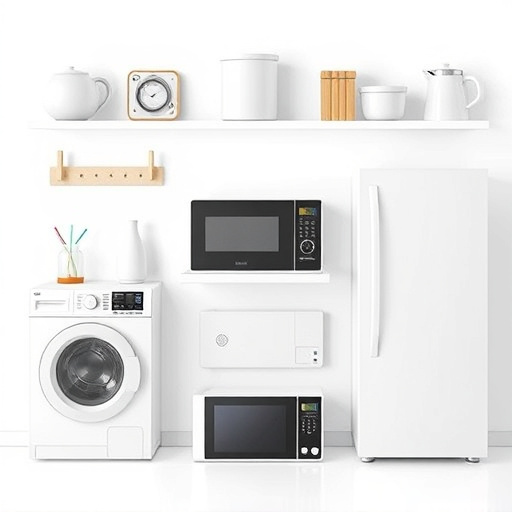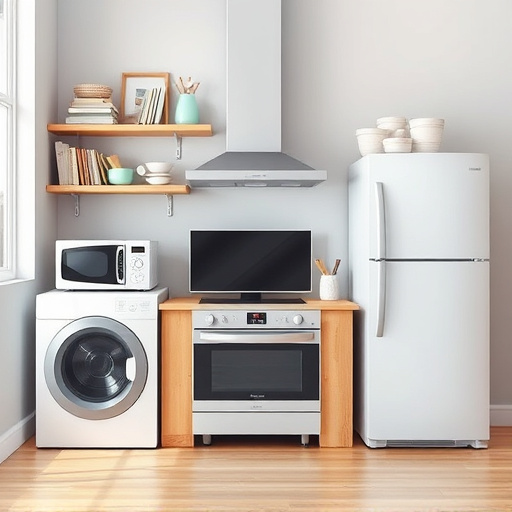Refrigerator coolant leaks in major appliances pose risks to energy efficiency and food safety. Caused by damaged seals, worn gaskets, or malfunctioning valves, these leaks can lead to spoiled food and health hazards if left unaddressed. Regular maintenance checks, including inspections for leaks and unusual noises or smells, are crucial for early detection and preventing damage, ensuring the longevity of appliances and keeping food fresh.
Refrigerator coolant leaks can go unnoticed until it’s too late, leading to significant food spoilage risks. Understanding the common causes and early detection strategies is crucial for maintaining optimal appliance performance. This article explores the potential dangers of leaks in major appliances, focusing on effective methods to prevent food waste. By implementing these strategies, homeowners can extend their refrigerator’s lifespan and ensure a constant supply of fresh, safe food.
- Understanding Refrigerator Coolant Leaks: Common Causes and Risks
- Effective Strategies for Early Detection to Prevent Food Spoilage in Major Appliances
Understanding Refrigerator Coolant Leaks: Common Causes and Risks

Refrigerator coolant leaks are more than just an annoyance; they pose significant risks that often go overlooked in the bustling world of major appliances. The primary coolant, typically a type of refrigerant, is crucial for maintaining the chill that preserves food items. Leaks can arise from various sources within these intricate machines. Common culprits include damaged seals, worn-out gaskets, or malfunctioning valves, all of which allow the coolant to escape into the surrounding environment.
When left unaddressed, these leaks not only lead to energy inefficiency but also present a substantial food safety hazard. The leaked refrigerant can contaminate food stored within, leading to spoilage and potential health risks. Prompt detection is, therefore, paramount. Regular maintenance checks and staying vigilant for signs like ice buildup on the evaporator coils or unusual noises can help identify leaks early on, thus preventing significant damage and ensuring the longevity of your refrigerator—a vital component in keeping your food fresh.
Effective Strategies for Early Detection to Prevent Food Spoilage in Major Appliances

Early detection is key when it comes to preventing food spoilage in major appliances, especially refrigerators. Regular maintenance and checking for leaks are essential strategies. Homeowners should be vigilant about inspecting their refrigerator doors and seals for any signs of damage or moisture buildup. A slight leak often goes unnoticed but can lead to significant food waste if left unaddressed.
Implementing a few simple steps can help catch these issues early. First, ensure regular cleaning and inspections, paying close attention to the door gaskets and fans. Second, keep an eye out for any unusual smells or sounds coming from the appliance, which could indicate a potential problem. Lastly, staying proactive with professional service checks can prevent minor leaks from turning into major disasters, ensuring the longevity of your major appliances and keeping your food fresh.
Refrigerator coolant leak detection is a crucial strategy to safeguard food integrity within major appliances. By understanding common causes and implementing early detection methods, homeowners can prevent costly repairs and minimize food spoilage risks. Regular maintenance and prompt action upon detecting any anomalies are key to ensuring the longevity of these essential home tools, keeping your family safe from spoiled foods, and saving you from unexpected service calls.
